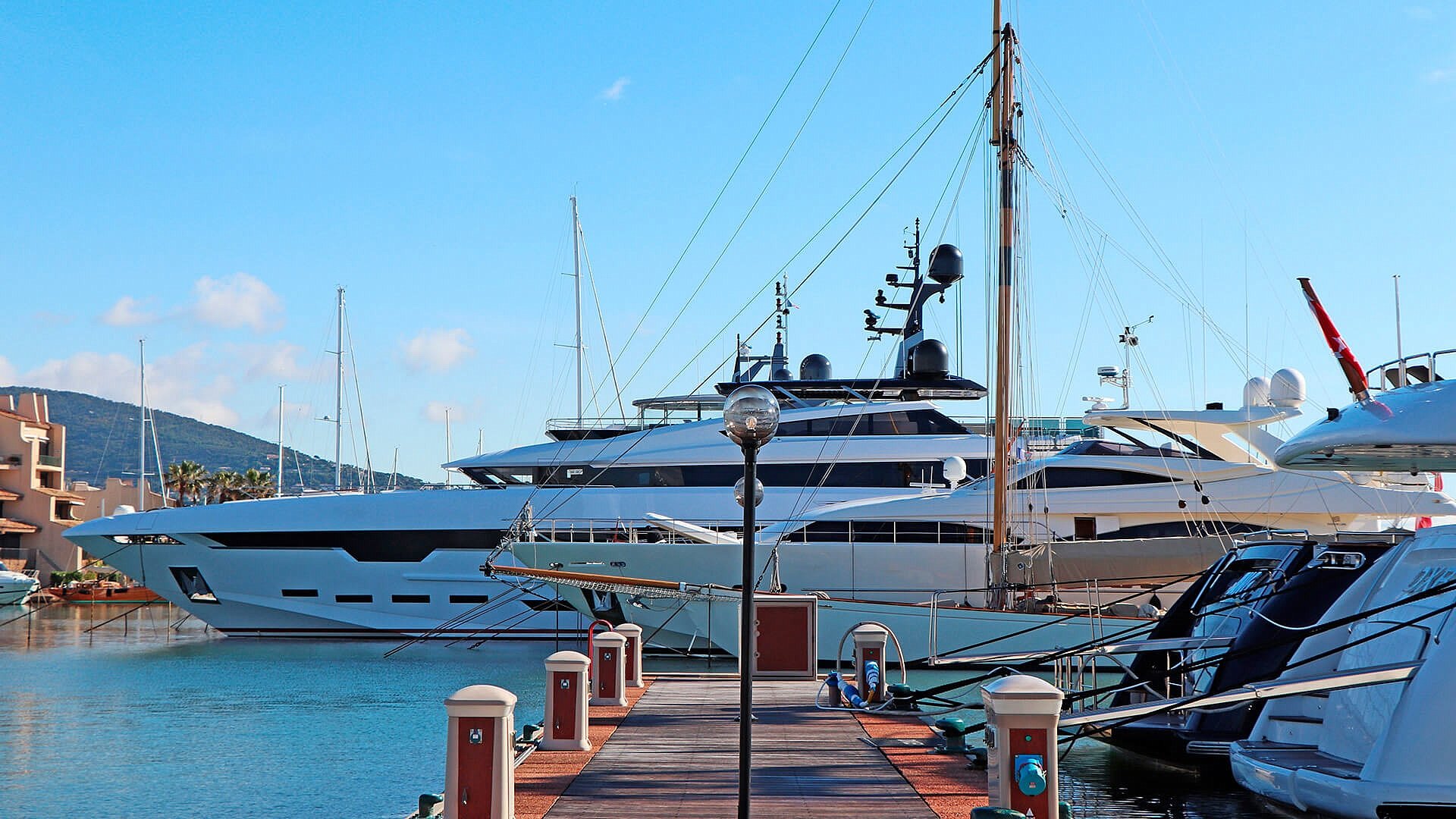Inflation is causing concern in across the EU and in the UK. It has been climbing steadily since last summer, hitting over 8% in the Euro area in June and July and expected to climb to 13% in the UK. Even low levels impact your spending power over time, so take steps now to protect your savings and retirement income for your long-term future.
Inflation has been a major news story this year, but we don’t need to read news reports to know the cost of living is going up, we’re only too aware with our weekly shops and electricity bills.
This follows 10 years of benign, easy to ignore inflation, but in fact we were not immune from it then. It is always there, slowly eroding the spending power of the Euro in our pocket and we should always be vigilant about how it impacts our financial security through retirement.
Although this inflation surge is lasting considerably longer than first anticipated, and is likely to get worse before it gets better, it is not still not expected to be long-term. But hopefully people will view it as an eye opener and take this long-term threat more seriously now. We cannot predict what inflation will be in ten or twenty-years’ time, but we do know that even low levels can seriously reduce your spending power over time if your money does not grow at the same rate.
The Eurozone
The Harmonised Index of Consumer Prices (HICP) was 2.2% in July 2021. This July it hit 8.9%, another record for the single currency.
French consumer prices, as measured by the local Consumer Price Index (CPI) reached 6.1% in July, up from June’s 5.8%. The acceleration of service prices linked to the summer period has contributed to the increase, as have food prices. Energy prices, however, slowed.
The UK
In the UK, the Consumer Price Index reached 10.1% in July, up from 9.4% the previous month. The July figure was the highest annual CPI inflation rate in the National Statistic series, which began in January 1997. Rising food prices made the largest upward contribution.
Will inflation remain high?
When prices began rising last summer, that was largely caused by the ‘base effect’ (inflation the previous year had been unusually low in the pandemic) and supply difficulties as economies exited from lockdowns. However, the crisis in Ukraine then exacerbated the issues, particularly with energy prices escalating though uncertainty about supply chains has also pushed prices up.
In July, the European Commission revised its Eurozone 2022 inflation forecast upwards, from 6.1% for the year to 7.6% – peaking at 8.4% in the third quarter. It will then ease to 4% for 2023 as a whole, falling below 3% in the last three months of the year.
Its Summer Economic Forecast explains:
“Russia's invasion of Ukraine has put additional upward pressures on energy and food commodity prices. These are feeding global inflationary pressures, eroding the purchasing power of households and triggering a faster monetary policy response than previously assumed.”
In the UK, the Bank of England has issued bleaker forecasts. On 4 August it warned that it now predicts inflation to hit 13% in the last quarter of the year, and that it will “remain at very elevated levels throughout much of 2023, before falling to the 2% target two years ahead”.
In response to inflation, the Bank of England has raised its interest rate six consecutive times since December 2021. At its latest Monetary Policy Meeting on 3 August, the committee voted 8-1 to increase the bank rate by 0.5 percentage points, to 1.75%. This is the highest since December 2008 – but still a long way below inflation.
Inflation and your savings and retirement income
No-one is immune from inflation. We all need to plan to protect our savings and future income from the rising cost of living. Making sure your money lasts as long as we do should be an integral part of our financial planning for retirement.
If you’re retiring now at age 60, you need to plan for over 30 years of retirement. Unless your savings grow each year, they will buy you considerably less as the years go by.
As a basic illustration, if you have €50,000 in a current account with no growth, and inflation is 3% every year, after 10 years its value will have fallen to around €37,000. After 20 years it’s around €27,500 and after 30 just €20,555. That’s a 59% reduction in purchasing power.
You therefore need to invest in assets that can be expected to produce enough growth to at least keep up with inflation. As we know from the last decade, bank interest rates cannot be expected to do this – in fact, many savers have been earning negative real rates of return.
While you may become more averse to investment risk in retirement, remember that inflation is also a big risk to your savings. You can reduce investment risk to comfortable levels by obtaining an objective calculation of your attitude to risk, then building a suitable well-diversified portfolio around your risk tolerance, time horizon, circumstances and objectives.
Holding your investment portfolio within an arrangement that is tax efficient in your country of residence helps protect your capital from unnecessary taxation as well as inflation. Review your financial planning annually to have peace of mind about your future, then get back to enjoying your retirement years.
HICP/CPI inflation data is at 25 August 2022.
By Rob Kay, Senior Partner, Blevins Franks
Blevins Franks Group is represented in France by the following companies: Blevins Franks Wealth Management Limited (BFWML) and Blevins Franks France SASU (BFF). BFWML is authorised and regulated by the Malta Financial Services Authority, registered number C 92917. Authorised to conduct investment services under the Investment Services Act and authorised to carry out insurance intermediary activities under the Insurance Distribution Act. Where advice is provided outside of Malta via the Insurance Distribution Directive or the Markets in Financial Instruments Directive II, the applicable regulatory system differs in some respects from that of Malta. BFWML also provides taxation advice; its tax advisers are fully qualified tax specialists. Blevins Franks France SASU (BFF), is registered with ORIAS, registered number 07 027 475, and authorised as ‘Conseil en Investissements Financiers’ and ‘Courtiers d’Assurance’ Category B (register can be consulted on www.orias.fr). Member of ANACOFI-CIF. BFF’s registered office: 1 rue Pablo Neruda, 33140 Villenave d’Ornon – RCS BX 498 800 465 APE 6622Z. Garantie Financière et Assurance de Responsabilité Civile Professionnelle conformes aux articles L 541-3 du Code Monétaire et Financier and L512-6 and 512-7 du Code des Assurances (assureur MMA). Blevins Franks Trustees Limited is authorised and regulated by the Malta Financial Services Authority for the administration of retirement schemes. This promotion has been approved and issued by BFWML.
You can find other financial advisory articles by visiting our website here























![20210604_081454[15699].jpg](https://images.squarespace-cdn.com/content/v1/5512c58de4b07319c3fed0c7/1642421166784-SMN57HOY94IGUHEH004C/20210604_081454%5B15699%5D.jpg)

















































